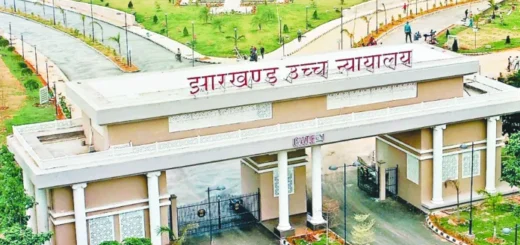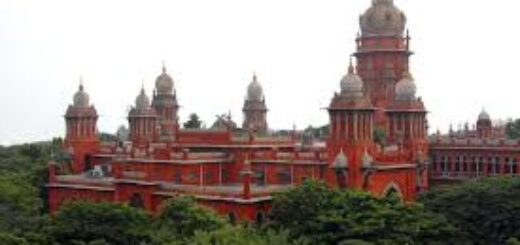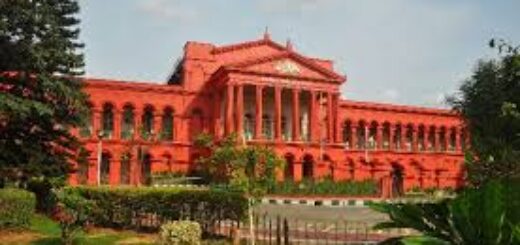Negligence or carelessness by a lawyer alone cannot justify allowing excessive delays; the litigant has a responsibility to stay alert, according to the Supreme Court.

The Supreme Court decided that a litigant must be aware of their own rights. Even if the lawyer was careless, it does not justify a long delay. This case came from a decision by the Himachal Pradesh High Court, which allowed a Civil Revision Application from the original defendant and canceled the District Judge’s order that had accepted a delay of over 534 days in the petitioners’ appeal (the original plaintiffs). The Division Bench, including Justice J.B. Pardiwala and Justice R. Mahadevan, stated that a litigant cannot blame their lawyer entirely and then seek help.
Advocate Aditya Dhawan represented the Petitioner, while Advocate Rajesh Gupta represented the Respondent. In this case, the original plaintiffs filed a civil suit against the defendant, who then made a counterclaim. The civil suit was dismissed, and the petitioners’ request to restore it was also dismissed. The counterclaim was accepted in the same suit. Unhappy with the decision made in the counterclaim, the petitioners appealed to the first appellate court, but their appeal was 534 days late. The first appellate court accepted the delay, but the High Court ruled against this. As a result, the petitioners took their case to the Supreme Court.
The Bench reviewed the contested Order from the High Court and observed that the advocate representing the petitioners in the trial court was solely blamed. It noted, “We have seen a pattern where litigants tend to accuse their lawyers of negligence and carelessness during court proceedings.” The Bench added, “Even if we consider that the lawyer was indeed careless or negligent, this alone cannot justify a long and unreasonable delay. Litigants have a responsibility to be aware of their rights and must also stay informed about the judicial processes they initiate.”
The Court also referenced its previous rulings in Salil Dutta v. T.M. & M.C. Private Ltd. (1993) 2 SCC 185 and Bharat Barrel & Drum MFG Co. v. The Employees State Insurance Corporation (1971) 2 SCC 860. Consequently, the Bench dismissed the Petition, stating, “Given the above, we see no error, let alone a legal error, in the High Court’s judgment that would require us to intervene under Article 136 of the Constitution of India.”
Cause Title: Rajneesh Kumar & Anr. V. Ved Prakash [Neutral Citation: 2024 INSC 891]
Appearance:
Petitioner: Advocates Aditya Dhawan, Kiran Dhawan, AOR Chander Shekhar Ashri
Respondent: Advocates Rajesh Gupta, Harpreet Singh, AOR Sumit R. Sharma









